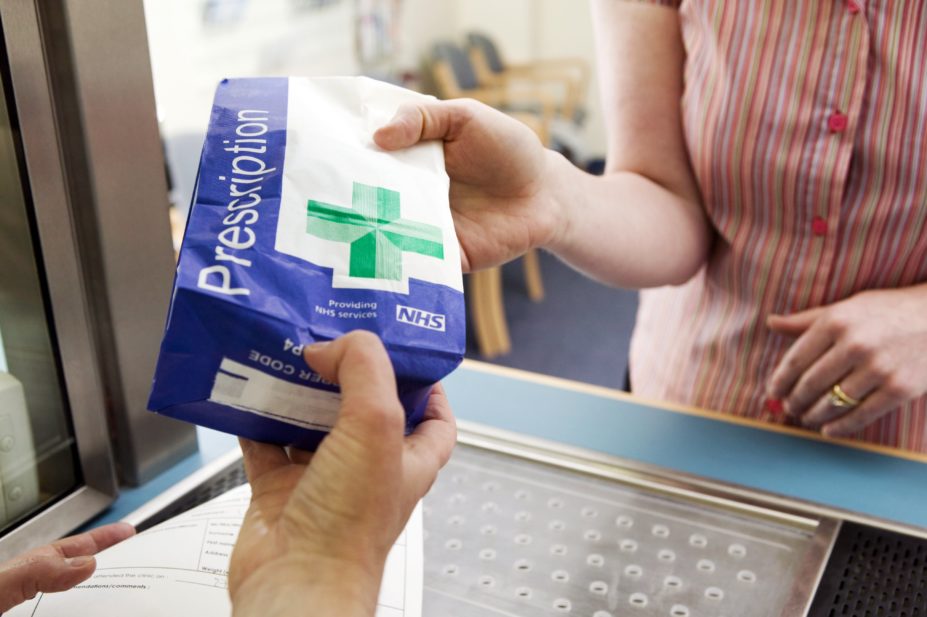
Lewis Houghton / Science Photo Library
Pharmacists need better guidelines, training and interventions to inform patients about the potential risks of opioid medicines, the authors of a study published in Research in Social and Administrative Pharmacy (21 November 2019) have concluded[1]
.
Researchers carried out 35 interviews with people who had been involved in opioid prescribing, including ten pharmacists, nine prescribers, ten adult patients and six paediatric caregivers.
The interviews revealed that only two of the patients and caregivers had been told that the prescribed medicine was an opioid, or warned that opioids carry a risk of physical dependency.
The responses also showed that pharmacists were not always comfortable discussing the risks of opioids with patients, but prescribers and patients viewed pharmacists as being the best placed healthcare professionals to convey this information.
The researchers said their findings show that pharmacists’ behaviour was not aligned with prescribers’ and patients’ expectations, leading to missed opportunities in opioid communication.
“It is essential to identify practices to help pharmacists become more responsive to patient expectations and to develop training needed to prepare them to communicate information clearly and with confidence,” they concluded.
References
[1] Thakur T & Chewning B. Using role theory to explore pharmacist role conflict in opioid risks communication. Res Social Adm Pharm 2019. doi: 10.1016/j.sapharm.2019.11.012

